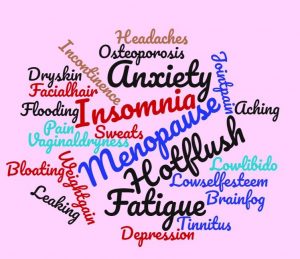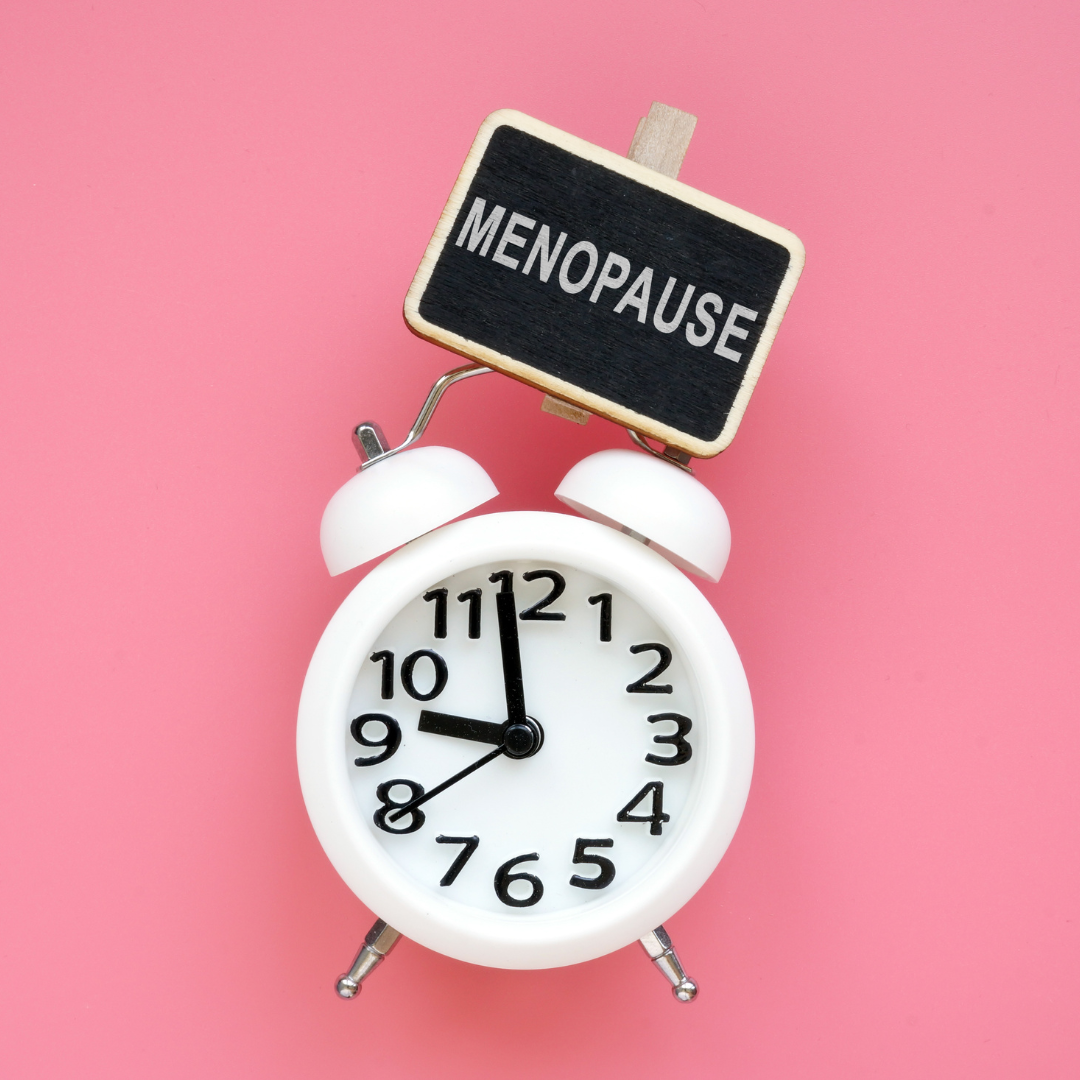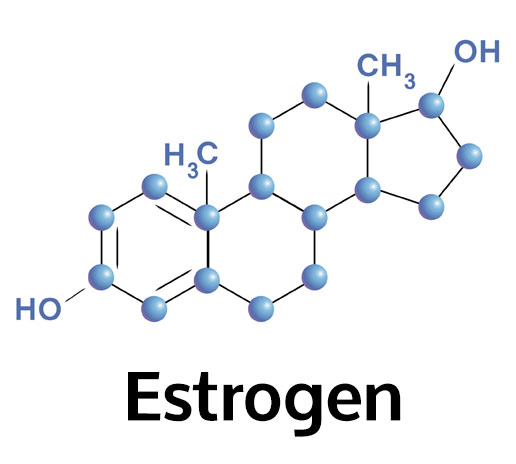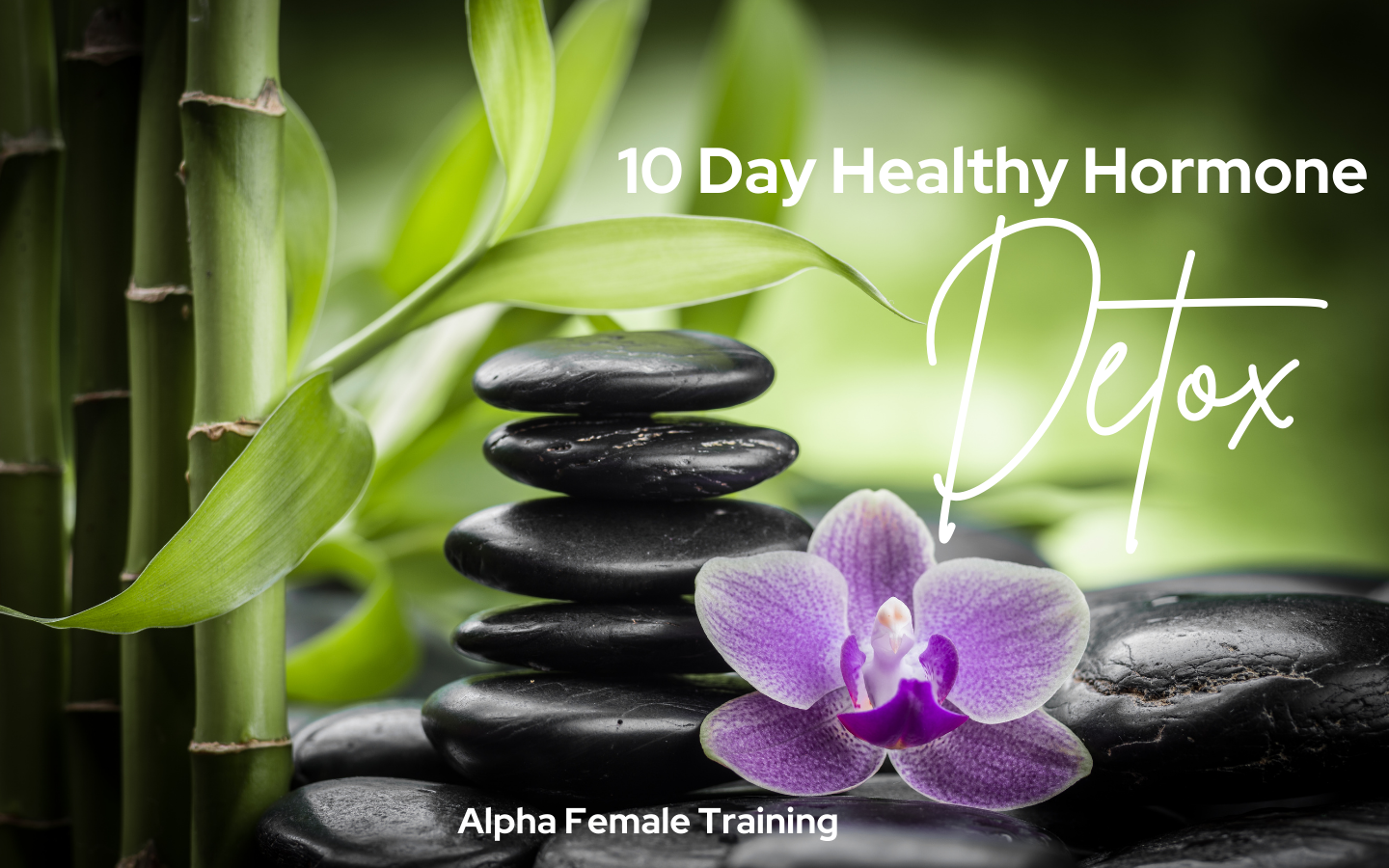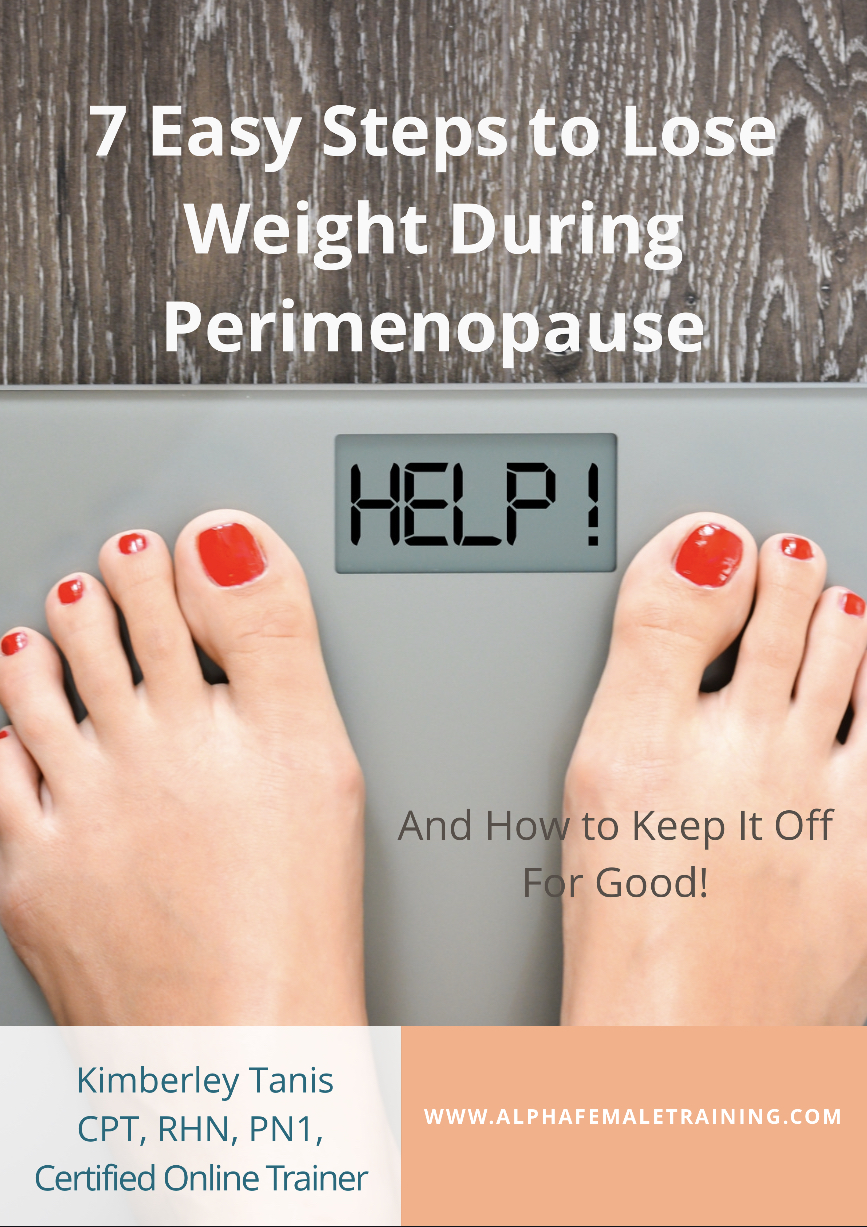Hormonal Changes and Weight Gain
As women over 40, it's important to understand how hormones work in our bodies so that we can understand hormonal changes and weight gain.
Hormones are like little messengers that travel around our bodies, making sure everything is working properly. They control things like our metabolism, our mood, our sleep, and our reproductive function.
The endocrine system is in charge of managing these hormones, making sure they're released from the right glands at the right time. There are about 50 hormones that we know about, including some you may have heard of like estrogen, insulin, and cortisol.
What's really interesting is that what we eat and how we feel can impact our hormones! Take insulin, for example. It's like a delivery service that helps move nutrients from our blood to other parts of our body. When we eat, our blood sugar and protein levels rise, and insulin helps move those nutrients to places where they can be used as fuel.
When our hormones are balanced, everything works smoothly. But when there's an imbalance, it can cause serious issues. So it's important to understand how our bodies work and how we can take care of ourselves to keep our hormones in check.

Menopause hormonal changes and weight gain
Menopause is a natural process that happens when our hormones start to shift. Specifically, when estrogen levels decline rapidly, this signals the end of our regular menstrual cycle and the onset of symptoms like a slower metabolism, weight gain, fat around the waist, reduced muscle mass and bone density, and changes to our cardiovascular system. It's amazing how much of an impact hormones can have on our bodies!
However, it's important to note that many hormonal imbalances are caused by general changes to our health and wellness. A sedentary lifestyle, a diet high in processed foods, saturated fats, sugar, and salt, and low in fiber, vitamins, and minerals, poor sleep, alcohol consumption, and smoking can all contribute to hormonal imbalances.
Processed foods are digested quickly and can cause our hormones to spike and then crash, leading to inflammation and further signals to our endocrine system that something's not right.
Unfortunately, many of us fall into a pattern of poor habits that stress our bodies until they can't handle it anymore. Over time, our bodies become unresponsive to hormones and serious health issues can arise. It's a combination of societal changes like reduced activity, more sitting, and more processed foods that have created the perfect storm for hormonal changes and weight gain.
But the good news is that we can make changes to our lifestyle to help support our hormones and overall health!

It's true that hormones can be incredibly complex and often misunderstood. Unfortunately, companies prey on our vulnerability and use emotive messaging around hormonal imbalances to sell supplements, pills, and potions that promise to balance our hormones, help us lose weight, and improve our health. But the truth is, simply zooming out and focusing on the big picture is often more effective in supporting our hormones than taking a supplement or potion.
By big picture, I mean focusing on eating good food that meets our unique nutrient needs, regularly exercising and being active, managing stress by laughing and spending time with loved ones, and committing to something that challenges and stimulates us daily. When we get too caught up in the details, we can find ourselves spinning our wheels and wasting time. By taking a step back and focusing on these big picture actions, we can let our bodies take care of our hormones for us.
Remember, taking care of our bodies is key to overall health and wellbeing. Trust in your body and take care of it, and it will take care of you in return.
There are simple ways to rebalance if you're paying attention
One of the keys to maintaining healthy hormones is working to maintain a healthy weight. When we gain weight, we increase our risk of developing insulin resistance, which can eventually lead to diabetes and heart disease. Additionally, weight gain can make the body unresponsive to the actions of other hormones, such as appetite hormones, thyroid hormones that control metabolic rate, and growth hormone.
To keep our hormones happy and healthy, it's important to consistently meet our unique energy needs by eating enough and staying active to maintain a healthy weight. This means finding a balance between the amount of energy we consume through food and the amount of energy we burn through physical activity. By doing so, we can help keep our hormones functioning properly and reduce our risk of developing various health conditions.

Get your body moving - no excuses
Staying active and exercising regularly is crucial for maintaining healthy hormone levels and avoiding conditions like diabetes. The best way to achieve this is by engaging in regular, intense exercise that improves your body's ability to detect and respond to hormones.
The good news is that there are many ways to exercise, from strength training to interval training, aerobics, body weight training, and brisk walking. Find what works for you and go as hard as you can.
In addition to improving insulin sensitivity, regular exercise can also help maintain muscle mass as you age by boosting hormone levels like testosterone, IGF-1, DHEA, and growth hormone. This is particularly important during menopause, when muscle loss can be a common issue.
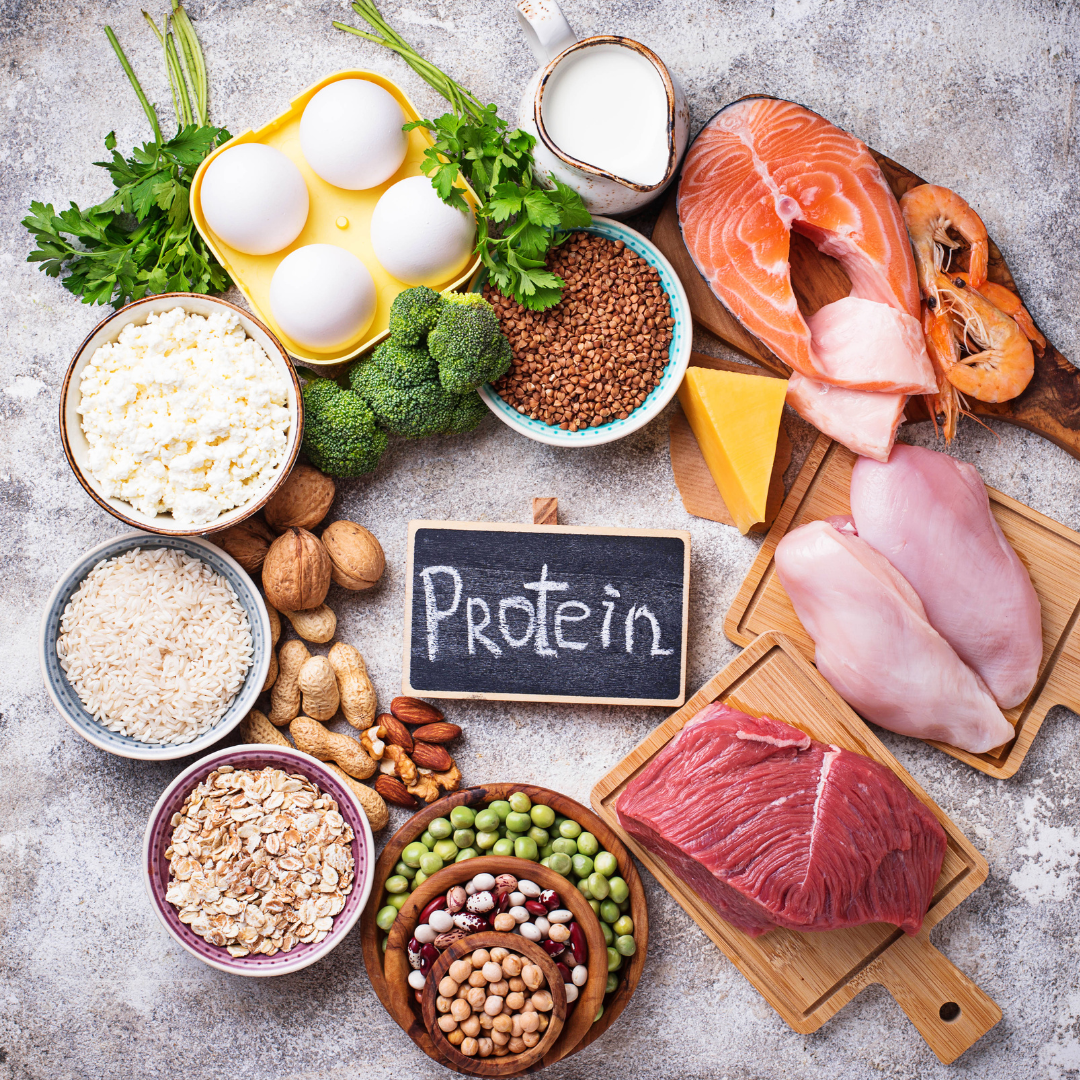
Protein protein protein
Protein is SO important for many reasons, not only hormones. You should build your entire diet around getting enough - every meal and every snack.
Proteins play a vital role in building various things within the body, including muscle and hormones. Additionally, consuming protein can help reduce the release of appetite hormones, making you feel fuller and more satisfied after a meal.
Moreover, specific proteins are utilized to create chemical messengers in the brain that can boost feelings of happiness and relaxation. Therefore, including protein-rich foods in your diet is crucial for maintaining a healthy body and mind as well as balancing hormonal changes and weight gain.

You likely need more fiber in your diet
Incorporating more fiber into your meals can help regulate blood sugar levels and prevent spikes that trigger the release of insulin, cortisol, adrenaline, and glucagon.
Additionally, high-fiber meals can help regulate appetite and hunger hormones, reducing the likelihood of feeling hungry all the time. Combining fiber with protein can further enhance these benefits and help flush out anything that needs to go.
Lose your sugar habit
Reducing sugar intake can significantly improve hormonal health. Sugar is notorious for causing havoc on hormones by promoting insulin resistance and causing uncontrolled spikes and crashes in energy and mood. Furthermore, it disrupts the gut's beneficial bacteria, increasing the chances of bad bacteria taking over and causing problems.
Another issue with sugar is that it does not satiate the appetite like other nutrients, and people can consume large amounts of it without feeling full.
Swapping out sugar for fiber and protein is probably the absolute best thing you can do for your hormonal changes and weight gain.
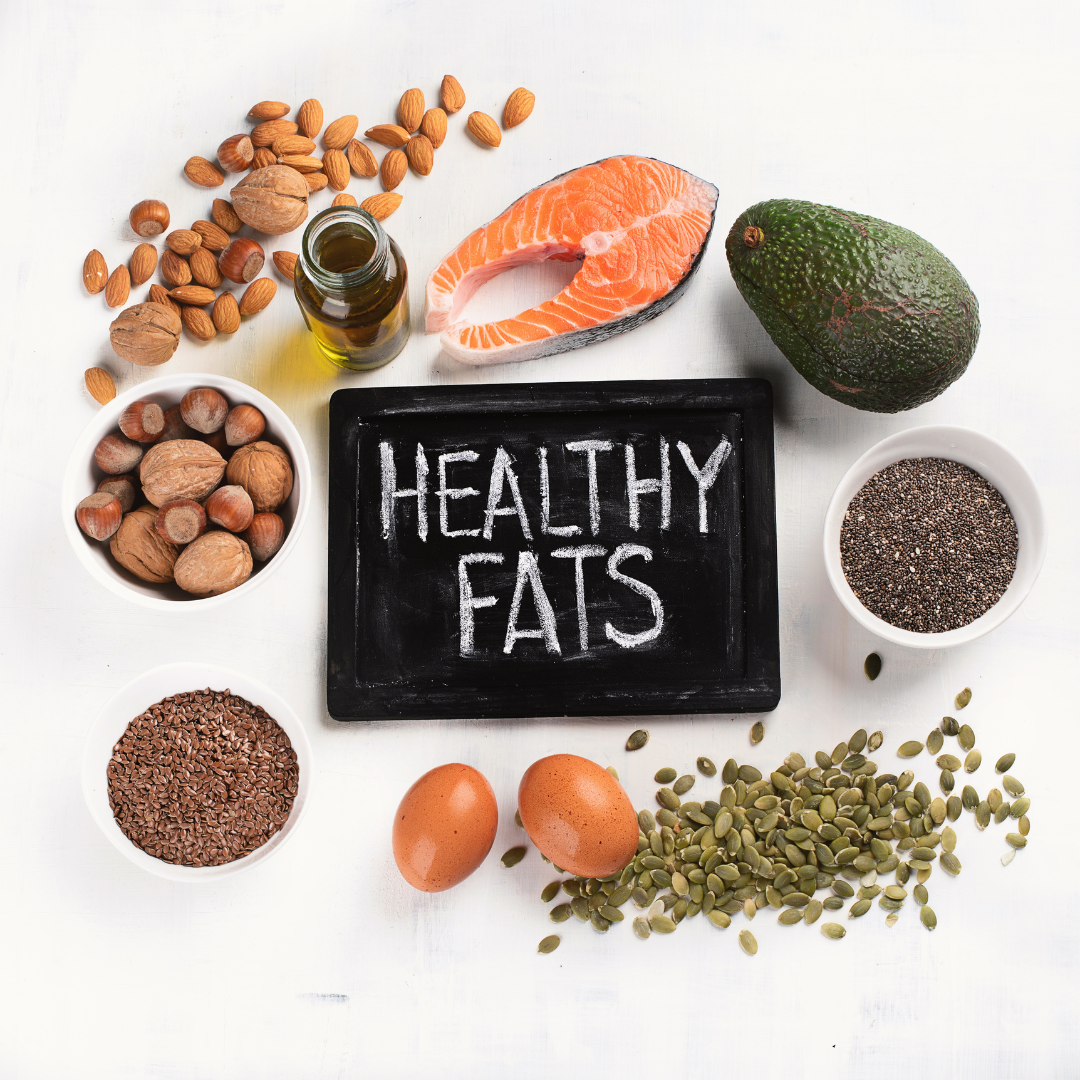
Get those healthy fats in
Regular intake of dietary fat is important for the production of many sex steroid hormones and to aid in the absorption of key vitamins such as A, D, E, and K that play a crucial role in hormonal function.
However, it's important to consume unsaturated fats like those found in avocados, olive oil, nuts, seeds, coconut, and fatty fish like salmon, mackerel, and tuna.
Monounsaturated fats, in particular, are highly beneficial as they contain phenols, plant compounds that help reduce inflammation and oxidative stress. Avocado, olives, and olive oil are great sources of monounsaturated fats.
Polyunsaturated fats found in fish like salmon and mackerel, flaxseeds, and other sources also help to reduce inflammation and improve the body's response to hormonal signals, hormonal changes and weight gain.

Check in with your gut
It's interesting to think that there are around 1 trillion bacteria living in your gut right now. However, the health of these bacteria can either benefit or harm your well-being, and your lifestyle and diet can influence the gut microbiome to favor beneficial bacteria and eliminate harmful ones.
Certain types of beneficial bacteria, such as Bifidobacterium, can help ferment fiber and produce short chain fatty acids that can enhance calorie burning and improve insulin sensitivity. Additionally, they can regulate appetite hormones to reduce hunger pangs.
Recent studies suggest that there is a link between the gut microbiome and conditions like obesity, diabetes, as well as mood and mental health issues.
To improve your gut health, you can take a daily probiotic supplement containing Bifidobacterium strain, while adopting a high protein, high fiber, whole food diet with various vegetables and fruits, drinking enough water and avoiding sugar and processed foods. Such changes can positively shift the microbiome in your favor in a short time.
Transform the bacteria in your gut into allies that support, rather than hinder, your weight loss and your health.

You probably need more quality sleep
Sleep is the body's chance to reset and recalibrate, making it a crucial component of maintaining hormonal balance. Hormonal imbalances that occur during the day need to be rectified during sleep, or they will continue to affect the body beyond the following day.
Inadequate or poor-quality sleep can lead to hormonal imbalances, including insulin, cortisol, appetite hormones, mood, and growth hormone, which can increase the risk of developing various diseases, such as diabetes, heart disease, and stress-related issues.
It is essential to get sufficient, high-quality sleep to help maintain optimal hormonal health. Poor sleep is directly linked to hormonal changes and weight gain.
Manage your stress
Managing stress is crucial for maintaining hormonal balance in the body. When faced with a stressful situation, our body releases cortisol and adrenaline, which can disrupt the hormonal balance if this happens repeatedly. Reducing stress is one of the biggest ways to help with hormonal changes and weight gain.
Chronic stress can increase the risk of various health issues such as heart disease and diabetes. So it's important to manage stress by engaging in activities like exercise, walking, spending time in nature, listening to music, and talking to people you love.
In addition, consuming a healthy diet and taking supplements such as ashwagandha (my favorite!) can help reduce stress and balance stress hormones.
Try to avoid any nutrient deficiencies
The proper functioning of the endocrine system depends on a wide range of nutrients, such as proteins, fats, vitamins, and minerals. We need to avoid as best we can nutrient deficiencies because they are crucial to provide the body with all the necessary building blocks to create and regulate hormones.
It is worth noting that in the 10 steps I outlined above, only one supplement was mentioned for hormonal changes and weight gain. This is because improving your lifestyle, sleep quality, stress management, exercise routine and dietary habits are much more crucial to achieving hormonal balance than relying solely on supplements.
Instead of rushing to buy the latest supplement, first take a moment to reflect on the 10 steps listed above and start making some positive changes one at a time. By doing so, you will start seeing improvements in your hormone levels naturally and holistically.
Alternatively you can let me do all the groundwork for you and sign up to the 90 Day Hormone Reset program
